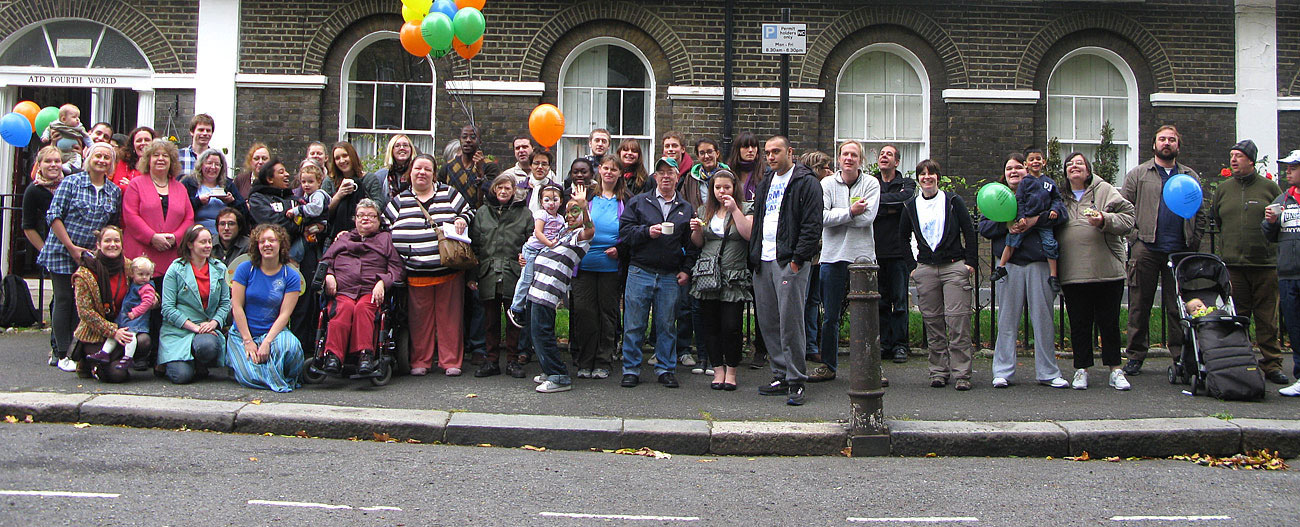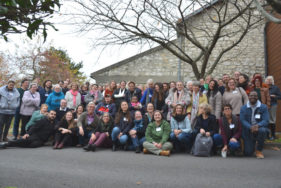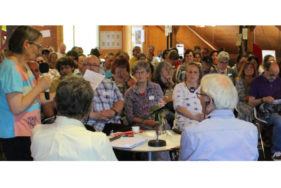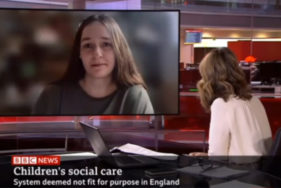Protecting Families
Protecting Families
Poverty separates parents and children. This is true around the world. The separation of families is one of the greatest sources of suffering for families living in poverty, as well as one of the greatest obstacles preventing children from escaping poverty. In the words of one child who participated in a Tapori reflection on the Convention of the Rights of the Child, “Even if you’re poor, you have the right to live with your family.”
Through grass-roots projects, ATD works to keep families from being separated because of circumstances related to their extreme poverty. Based on its concrete experience in these projects, ATD works at the international level to raise awareness of the types of support needed to keep families together and to enable them to provide a positive environment for their children.
The United Nations has recognized that it is important to protect the family unit. For example, Article 12 of the Universal Declaration of Human Rights states,
“No one shall be subjected to arbitrary interference with his privacy, family, home or correspondence, nor to attacks upon his honour and reputation. Everyone has the right to the protection of the law against such interference or attacks.”
Article 10 of the United Nations CESCR International Covenant states,
“The widest possible protection and assistance should be accorded to the family, which is the natural and fundamental group unit of society, particularly for its establishment and while it is responsible for the care and education of dependent children.…”
LATEST NEWS
Family Advocacy Project
Above: Participants of the 20 November 2023 Family Advocacy Project event This article is from ATD Fourth World International’s 2023 (…) Read more
Poverty, Identity, and Society in Switzerland
Above: Participants of the Poverty, Identity, and Society project Poverty-Identity-Society Starting in 2019, academics, practitioners, and people with lived experience (…) Read more
Separating Families Causes Trauma
Above: Taliah Drayak speaking on the BBC “Children’s Social Care as it operates in England is not fit for purpose. (…) Read more





